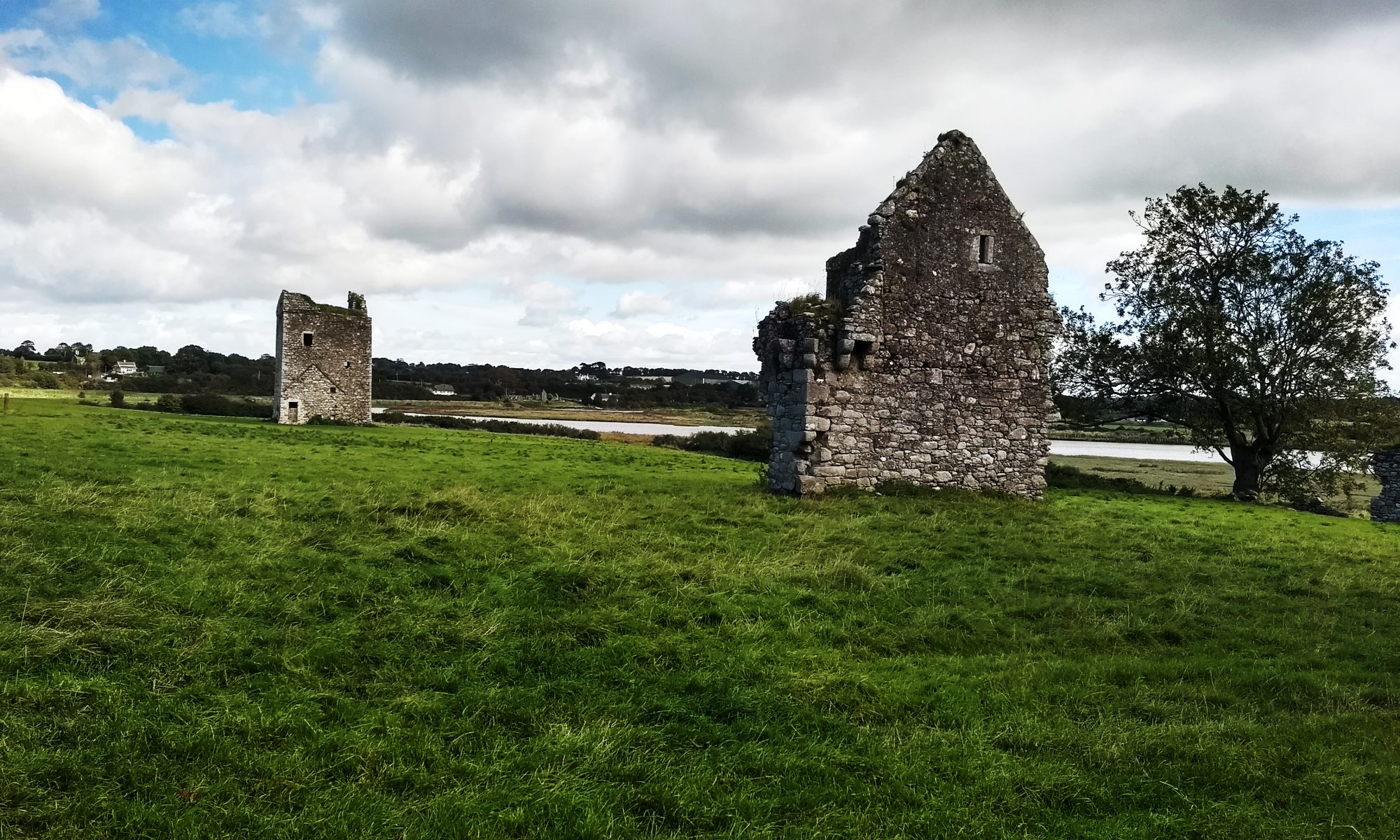CONFERENCES
After the successful XIV Ruralia conference in Viseu under the theme: Household goods in the European Medieval and Early Modern countryside, the publication process has already begun. In addition, we are already preparing the next – XV – international Ruralia conference. This will – in all probability – take place in Fredrikstadt in Norway (with excursions to Sweden). The theme of the conference is: Farmer’s trade and markets. Social and economic interaction in the medieval and early modern European countryside. Further information will follow.
